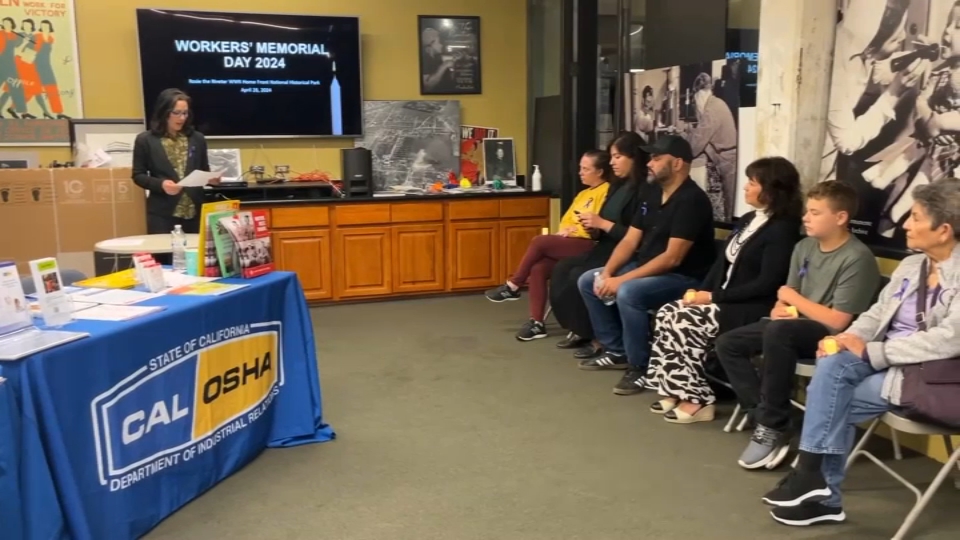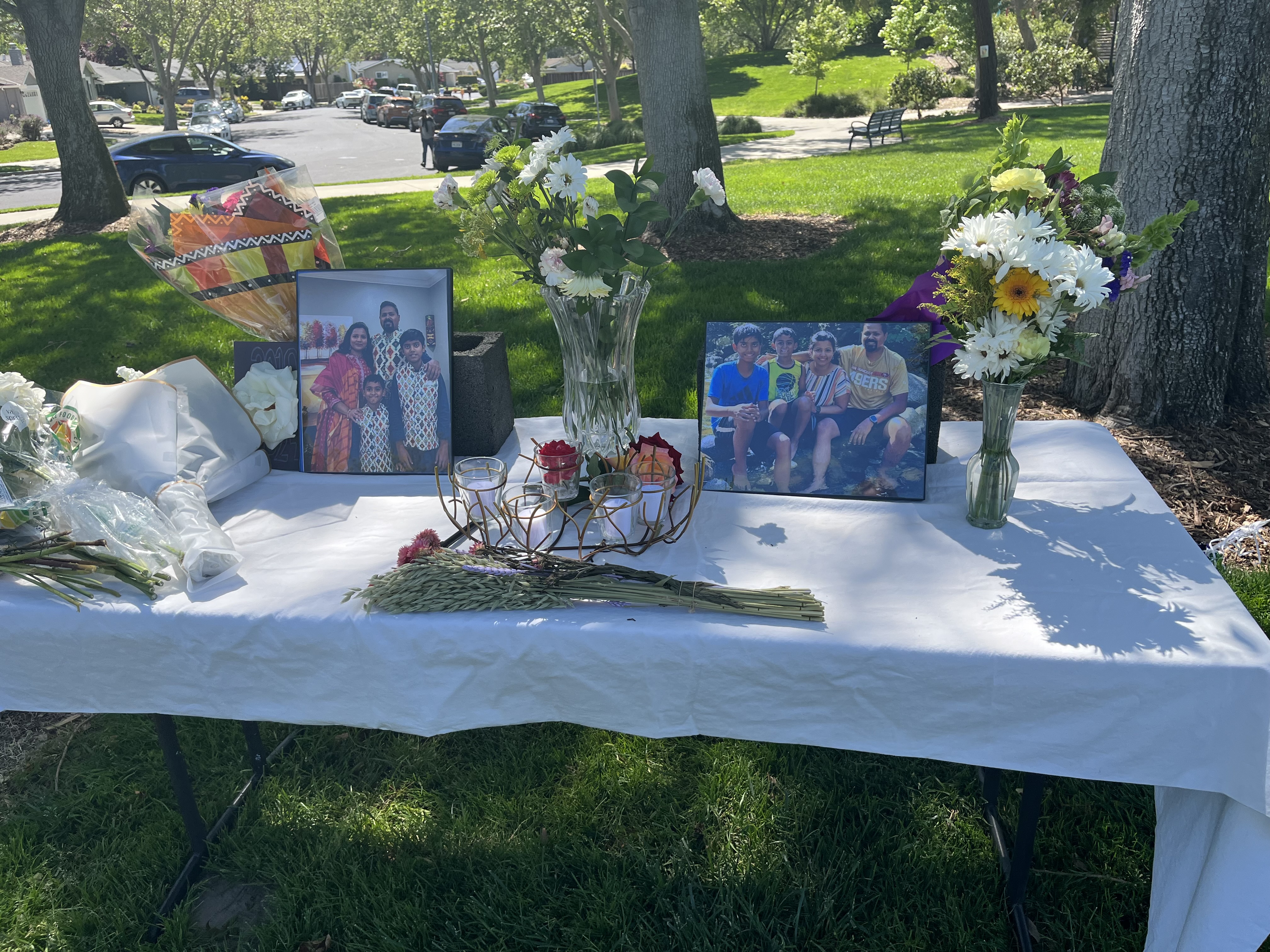A report released on Wednesday by the National Oceanic and Atmospheric Administration, or NOAA, revealed just how much garbage can build up within the Monterey Bay National Marine Sanctuary.
The shoreline, which spans 267 miles, saw 37,000 volunteers collect over one million pieces of trash over five years, ranging from cigarette butts to household appliances.
The report also outlines how much of the garbage was tied directly to smoking and food waste. From 2017 to 2021, plastic fragments accounted for more than 25% of the trash while cigarette butts represented 23% of what was found. Add in wrappers, and those three main contributors created 59% of all the debris collected, according to NOAA.
Cigarette butts are a concern because they contain chemicals that are toxic to marine organisms, the report said.
Get a weekly recap of the latest San Francisco Bay Area housing news. Sign up for NBC Bay Area’s Housing Deconstructed newsletter.
The debris isn't only deposited along the shoreline from beachgoers, but can also enter due to poor waste management practices at the local level or water discharge during storms and other natural events.
Debris can also come from ocean-based sources, such as fishing vessels, stationary platforms used for offshore oil and gas, cargo ships, and other large vessels, NOAA said.
"Prevention efforts must include all land-based and ocean-based human activities," the Administration recommended.
Local
The report did offer advice for how to reduce future trash. It will require a collective and coordinated effort on the part of individuals, producers of plastics, governments and nonprofits, according to NOAA.
Regular cleanups by nonprofit organizations and government agencies can dramatically reduce the buildup of debris.
The report was funded by the NOAA Marine Debris Program and created by a collaboration of groups that included the California Marine Sanctuary Foundation, Monterey Bay Aquarium Research Institute, NOAA Marine Debris Monitoring and Assessment Project, Ocean Conservancy, Surfrider Foundation, Save Our Shores, Downtown Streets Team Santa Cruz, Trash Taxonomy Tool developers, and Saber Consulting.



